🌼 Dandelion (Taraxacum officinale) - More than just a weed 🌼 Herbal Medicine!
Taraxacum officinale
Dandelion is another amazing medicinal wonder, which can be found growing readily in many gardens and pastures. In western herbal medicine, dandelion has been widely used throughout history and is a prominent herbal treatment in many conditions, something that all herbalists should have in their dispensary. Herbalists most commonly use the root of the dandelion in medicines, however, recently some have started to combine the tinctures of the root and the leaves. They can also be incorporated into the diet with the leaves being a beautiful addition to salads as they're high in vitamin A, fibre, B6, thiamin, riboflavin, calcium, iron, potassium and manganese which are all essential for a healthy body. Also to all you coffee addicts out there, roasted dandelion root can be an excellent substitute without any negative side effects (preparing this yourself is very time consuming but dandelion coffee can be easily purchased in most health food shops and it's super tasty).
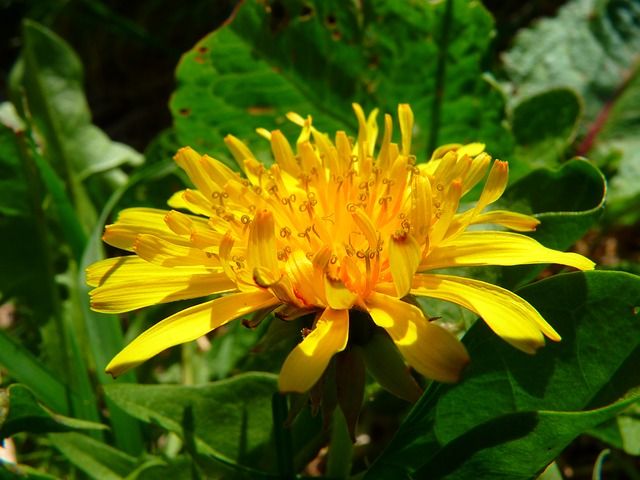
Latin name
Taraxacum officinale
Common names
Bitterwort, blow-ball, cankerwort, clockflower, common dandelion, Irish daisy, lion's tooth, pissinlit, priest's crown, puffball, swine's snout, telltime, yellow gowan
Plant family
Dandelions are part of the Compositae family
Parts used
Leaves - Can be made into a tincture but more commonly the young fresh leaves are used in salads or boiled much like how you would use spinach
Roots - The roots are what is most commonly used in herbal medicine and are what have made dandelion such a popular tincture to use
Yellow flowers - These have traditionally been used to make wine and can be eaten in soups and salads
Green stems - These contain a high proportion of latex and should be avoided if you have an allergy and it's advised not to consume them, however, the white sap can be used directly on the skin as a treatment for warts and ringworm due to it's germicidal, insecticidal and fungicidal properties
History and folklore
Dandelions have been used extensively throughout history and records of their use date back to the 11th century, with their medicinal uses being traced back to many traditional medical practices from India to Wales. The name dandelion comes from the French "dent de lion" which means "tooth of the lion", due to the leaves resemblance of lions teeth. The plant has also been referred to pissenlit, which means "to wet the bed" in French, and it's commonly known to cause bedwetting in children who eat it. The genus name Taraxacum is derived from the Greek words taraxos meaning 'disorder', and akos meaning 'remedy' due to the herbs medicinal actions. Dandelions are seen as a masculine plant and are associated with the planet Jupiter. They possess the element of air and have an affinity for the star signs Pisces and Sagittarius. Old magic texts say that drinking dandelion tea can enhance psychic abilities and boiling the roots in water can help when calling in spirits to magic circles or in divination. Also many children, myself included, are told to make a wish whilst blowing the seed heads off the stem of the plant.
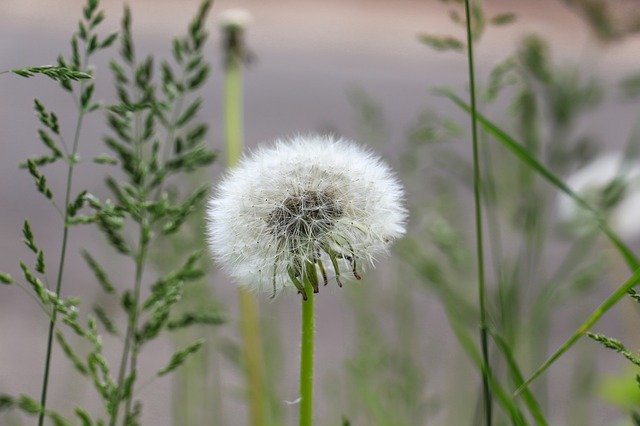
Herbal actions and main therapeutic uses
Diuretic - Increase urine production and output
Anti-rheumatic - Alleviate and prevents rheumatism
Laxative - Promotes bowel movements and peristalsis
Tonic - Nutritive to the body as they contain high levels of vitamins and minerals
Hepatic - Has an affinity for the leave and helps with detoxification and liver regeneration
Bitter - To stimulate the production of stomach acid and bile secretions to improve digestion and therefore nutrients to body tissues and organs
Dandelion is one of the most powerful diuretic herbs with many claiming it's more effective at increasing the amount of urine and eliminate fluid from the body than pharmaceutical diuretics, which will deplete your potassium levels, and as dandelion contains high levels of potassium taking it instead of diuretics prescribed by your doctor alleviates this problem completely, as well as many other nasty side effects. It increases the speed at which the liver can eliminate toxins and helps to reduce uric acid in the body making it beneficial for fighting bacterial infections within the digestive tract and reproductive organs. Dandelion is also a urinary antiseptic and is great for the treatment of UTI's, bladder disorders and kidney problems. This herb should always be prescribed in cases of oedema as it's excellent at clearing water retention from the body and some even use it as a weight loss herb for this reason. Dandelion is an amazing detoxifier, especially for the liver and gallbladder which in turn cleanses the blood and boosts the body's digestive capability (works well when combined with Couchgrass and Yarrow). It has been specifically used in cases of jaundice to clear a yellow complexion and brighten the eyes whilst stimulating the flow of bile, however, it should not be given in the case of a blocked bile duct as this can cause inflammation in the body. The plant is very high in antioxidants so is amazing at fighting free radicals in the body, thus reducing oxidative stress and ultimately slowing down the ageing process. Also, a study conducted in 2011 by the Department of Chemistry and Biochemistry at the University of Windsor in Canada found that dandelion root extract was effective at inducing apoptosis of cancer cells as a result of its free radical-fighting abilities. Other studies also say that dandelion can be used to stabilize blood sugar levels and lower plasma cholesterol and triglycerides while raising high-density lipoproteins (good cholesterol).
Dandelion is also helpful in treating -
- Rheumatic disorders
- Eczema
- High cholesterol
- Gallstones
- Low appetite
- Anaemia
- Hepatitis
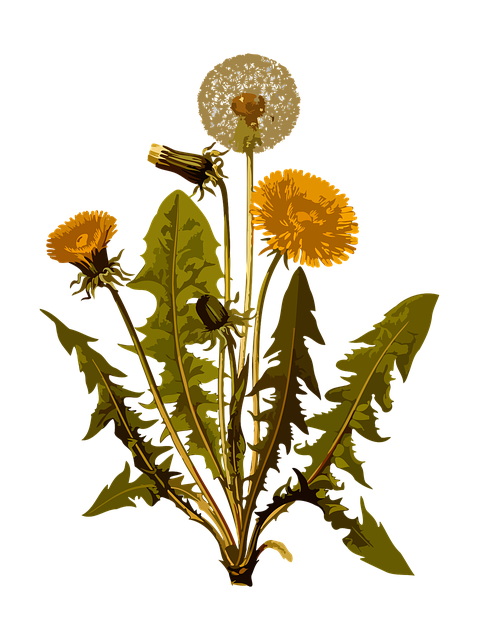
Dosage and preparation
Tea (leaves) - 3-4 tsp per cup or 40g to 1 pint of water - infuse for 15 minutes and take in half cups freely throughout the day
Tincture - 5-10ml to be taken 2-3 times a day
Decoction (root) - 1 tsp per cup - simmer for 15 minutes and take in half cups freely throughout the day
Contraindications and safety
If you wish to harvest your own dandelions, which I hope this post has inspired you to do, then please be careful not to pick them from areas that could have potentially been sprayed with weed-killer!
Dandelions are pretty safe when it comes to ingesting them, however, be wary of taking the tinctures if you are pregnant or breastfeeding.
Don't take dandelions if you have a ragweed allergy as they are part of the same family and could cause a reaction.
If you're on antibiotics then dandelion could reduce the effectiveness of them so it's best to stay clear of them until you've finished your full course of antibiotics, but afterwards dandelion would be great at cleansing the system of harmful chemicals.
You should be careful when taking any of the following drugs as they are all broken down by the CYP450 pathway in the liver and taking dandelion can increase the speed in which the liver metabolises the drugs meanning that their efficasy is reduced; Some of these medications changed by the liver include acetaminophen, atorvastatin (Lipitor), diazepam (Valium), digoxin, entacapone (Comtan), estrogen, irinotecan (Camptosar), lamotrigine (Lamictal), lorazepam (Ativan), lovastatin (Mevacor), meprobamate, morphine, oxazepam (Serax), and others.
If you're on diuretic medication I would recommend swapping them for dandelion extract, however, don't take both in conjunction as this will lead to an additive effect of the drug which will cause dehydration and problems in the body.
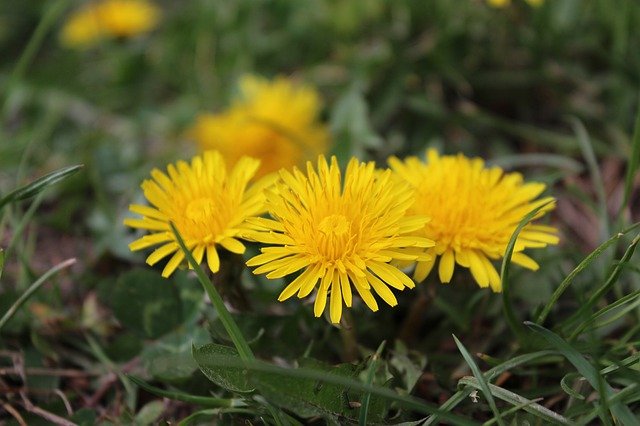
Overall, I highly recommend dandelion to people of all ages, its a wonderful herb with a wide variety of healing properties and they grow everywhere! So please if you see a dandelion plant, show its spirit some love and thank it for blessing this earth with its magic 🌼
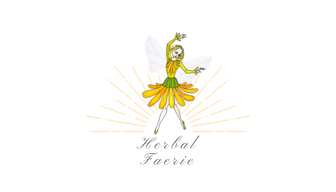.png)
Such a great plant. When we lived in Europe I used the leaves in my smoothies. No dandelions where we live now :(
Yeah, they're an amazing plant, but then again you do have papayas growing in your garden! :D There's no papayas growing in London! 😂 Thank you for enjoying my post!
Lol true that. So many goodies here in the garden. Can't wait for the soursop to be ready... so good!
Great detail of information...thanks for sharing! I'd never heard of Dandelion as a coffee replacement! Upvoted & resteemed
Thank you so much, glad you liked my post and happy to share this information with everyone :) And to me it tastes exactly like coffee!
Congratulations @herbalfaerie! You have completed some achievement on Steemit and have been rewarded with new badge(s) :
Click on any badge to view your own Board of Honor on SteemitBoard.
To support your work, I also upvoted your post!
For more information about SteemitBoard, click here
If you no longer want to receive notifications, reply to this comment with the word
STOPLoving the "more than just a weed series" babes! ;)
Thank youuuuu :D
Roasted dandelion tea is my favorite herbal tea!!
It' so good! I love it :D
Good